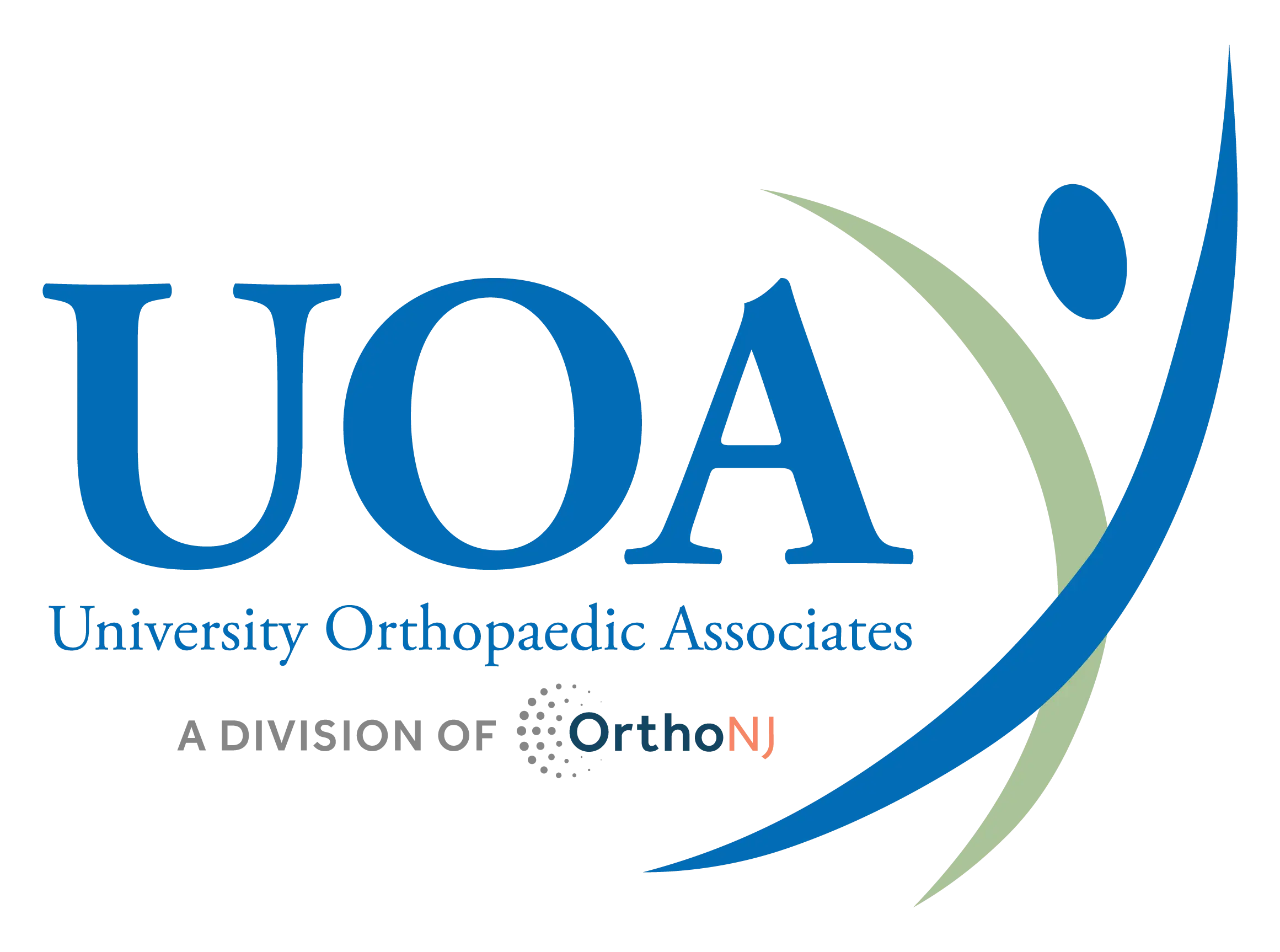Dr. Kayiaros Discusses Innovations in Outpatient Joint Replacement in Becker’s Article

 Dr. Stephen Kayiaros is one of the leading orthopaedic surgeons performing joint replacement surgery on an outpatient basis. In this Q&A from Becker’s ASC Review, Dr. Kayiaros discusses how pain management is one of the most revolutionary innovations, enabling the actuality of outpatient joint replacement surgery. He also touches upon the progression of outpatient surgery in the next five years.
Dr. Stephen Kayiaros is one of the leading orthopaedic surgeons performing joint replacement surgery on an outpatient basis. In this Q&A from Becker’s ASC Review, Dr. Kayiaros discusses how pain management is one of the most revolutionary innovations, enabling the actuality of outpatient joint replacement surgery. He also touches upon the progression of outpatient surgery in the next five years.
Read Dr. Kayiaros’s responses below or click the full article here:
Q: What is the biggest innovation in outpatient joint replacement?
Stephen Kayiaros, MD, University Orthopedic Associates in Somerset, NJ: More and more, I am performing total joint replacement procedures in outpatient settings. One factor enabling that is effective postoperative pain management techniques. Methods for controlling pain have certainly come a long way in the past five to 10 years. Effective non-opioid pain management solutions have been a game-changer in terms of how I reduce and control my patients’ postoperative pain levels.
Typically, patients receiving these types of procedures required strong narcotics to recover, causing intense side effects such as nausea, drowsiness and constipation, and prolonging the length of hospital stay. My patients get adductor canal blocks with Halyard Health’s ON-Q* Pain Relief System.
Q: Where do you see joint replacement surgeons being successful in five years?
SK: I’ve found that patients who take less narcotics experience less pain and can ambulate more quickly. For patients undergoing total joint replacement surgery, I employ a multimodal approach to pain. I typically use ON-Q* in addition to oral anti-inflammatories. The pump allows my patients to take less narcotics and create a seamless transition between medications.
But, the fact of the matter is, postoperative pain management is more of an art than a science. I am constantly evolving my practice and honing in on the best possible medication combinations for each of my patients. In the coming years, I see joint replacement surgeons advancing this art of pain management and building upon the strategies that we currently em

